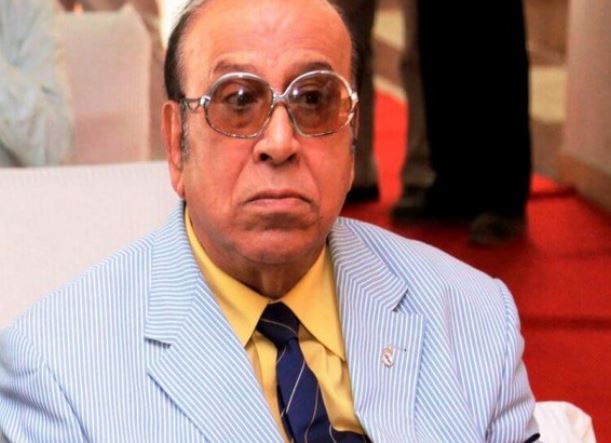New Delhi : The All India Football Federation (AIFF) on Friday condoled the death of former India captain,coach and Technical Director Pradip Kumar Banerjee, who was fondly referred to as PK Banerjee by his vast legion of fans.
Banerjee breathed his last at a private hospital in Kolkata after a prolonged illness. He was 83.
He was an integral part of India’s gold medal-winning team in the 1962 Asian Games and even scored in the final against South Korea as India fought against all odds to script a historic 2-1 triumph in Jakarta.
He represented India in the 1956 Melbourne Olympics and played a pivotal role in the 4-2 victory against Australia in the quarter-finals where India eventually finish fourth.
Furthermore, he captained the national side in the 1960 Rome Olympics and scored the equaliser against France to help India register a 1-1 draw.
He represented India in 36 official matches, wearing the captain’s armband in six of them. In the process, he scored 19 goals for the country.
He was also the first footballer to receive the Arjuna Award (in 1961), and was awarded the prestigious Padma Shri Award in 1990. Banerjee was also bestowed with the FIFA Fairplay Award (in 1990), and the FIFA Centennial Order of Merit in 2004.
Praful Patel, the president of the AIFF said in a statement: “It’s sad to hear that Pradip-da, one of India’s Greatest Footballers, is no more. His contribution to Indian Football will never be forgotten. I share the grief.”
“He will stay synonymous with the golden generation of Indian Football. Pradip-da, you will remain alive in our hearts,” he added.
As a mark of respect, the AIFF Flag is kept half-mast at the AIFF Headquarters — the Football House in Dwarka, New Delhi.
He was also part of three consecutive editions of the Asian Games – the 1958 Asian Games in Tokyo, the 1962 Asian Games in Jakarta, and the 1966 Asian Games in Bangkok, and holds the record of scoring maximum – six goals – in Asian Games for India.
He was also a part of the triumphant Indian squad which won the 4th Quadrangular Tournament in 1955 in Dhaka.
Post his retirement, he took up coaching and stays as one of the most decorated and successful Indian trainers till date. (ANI)





